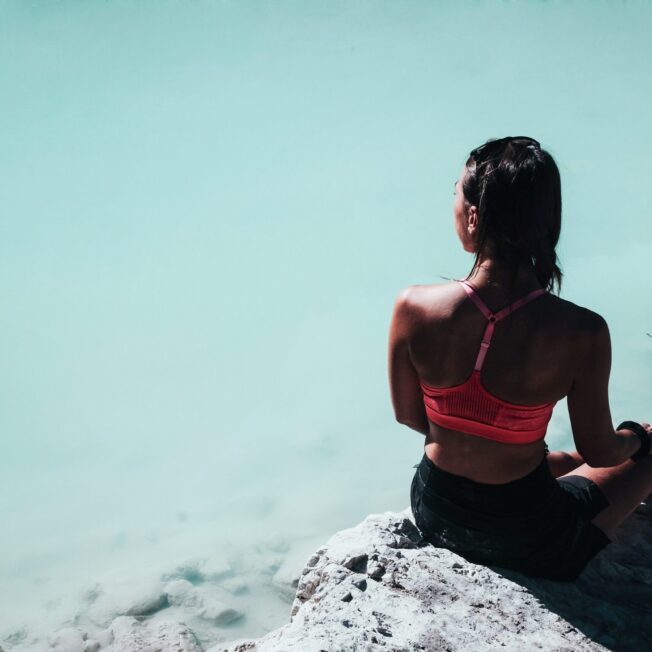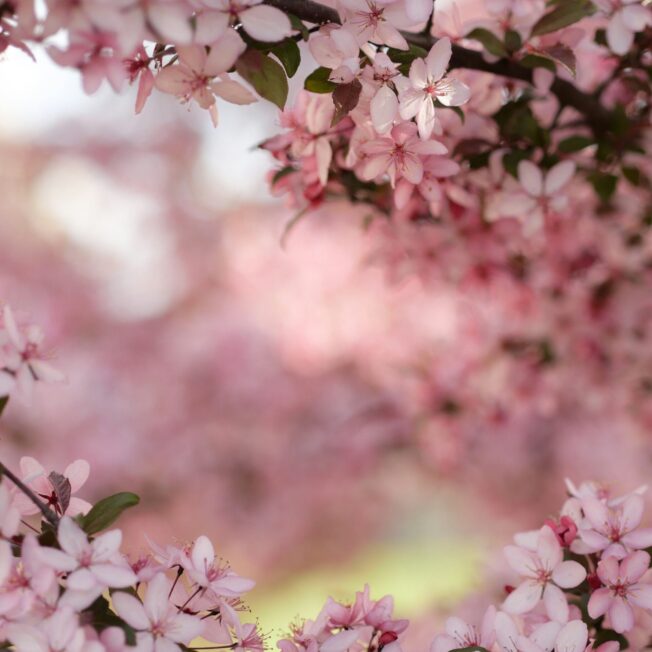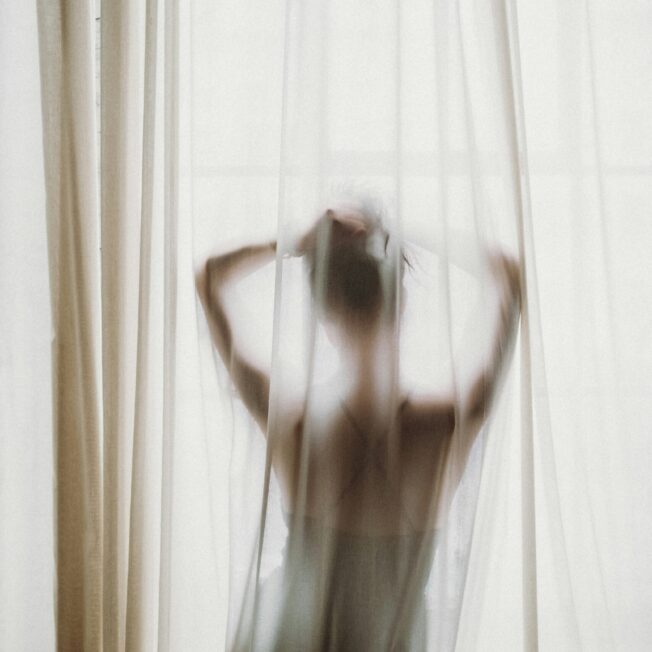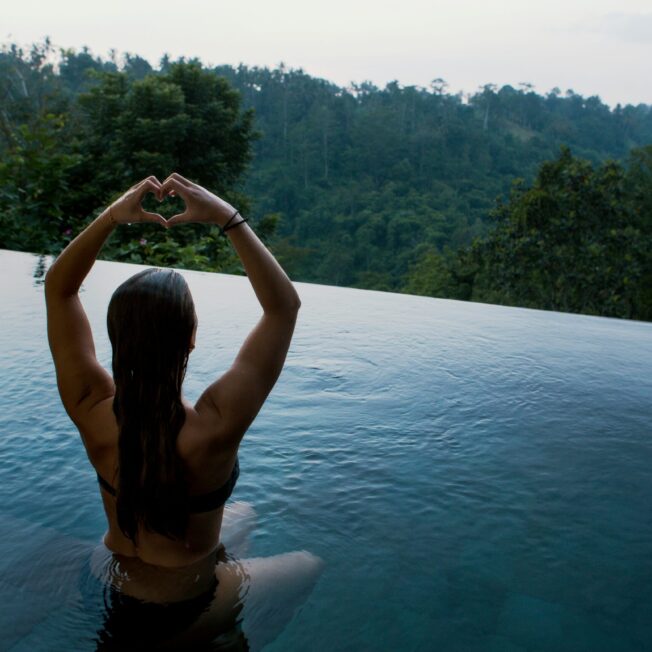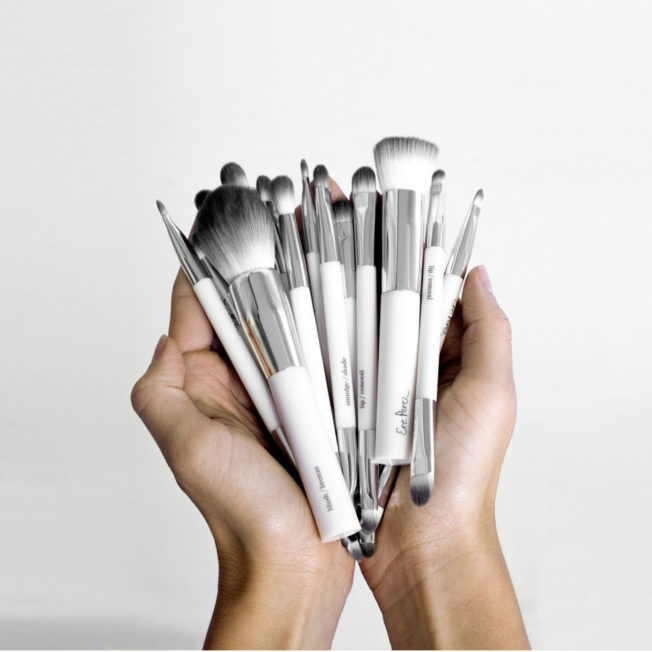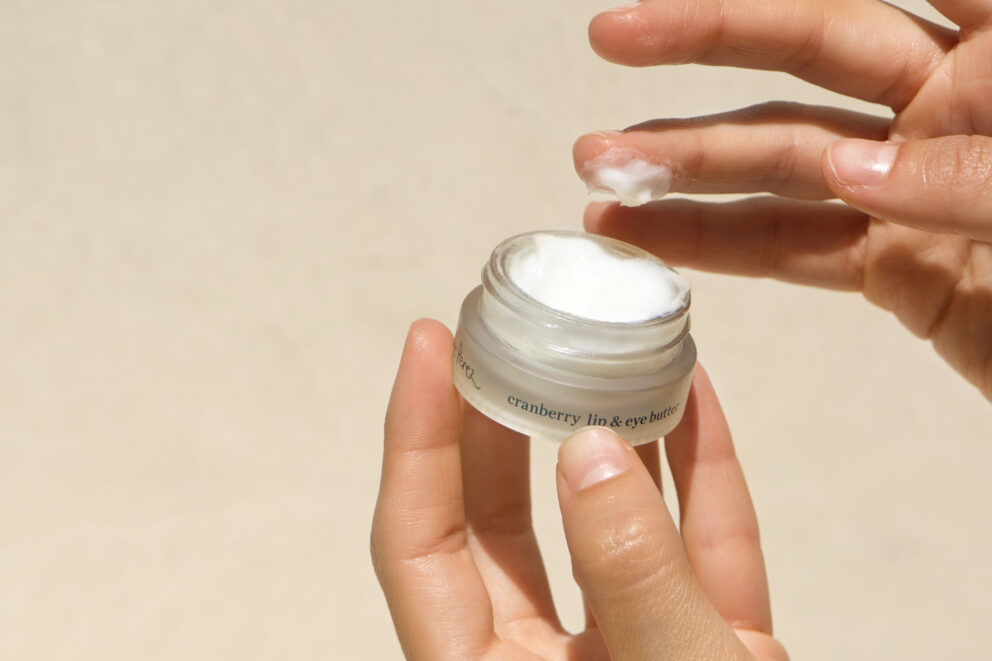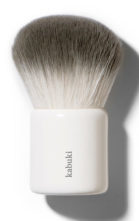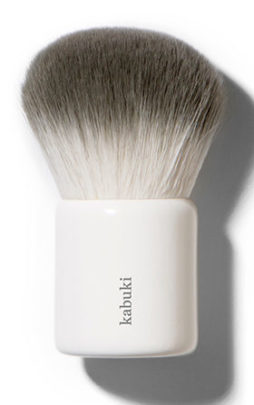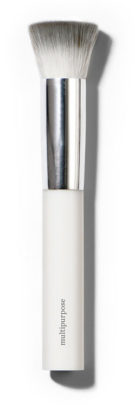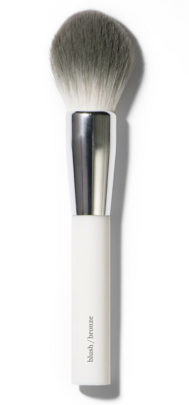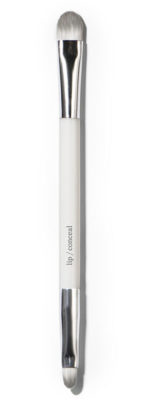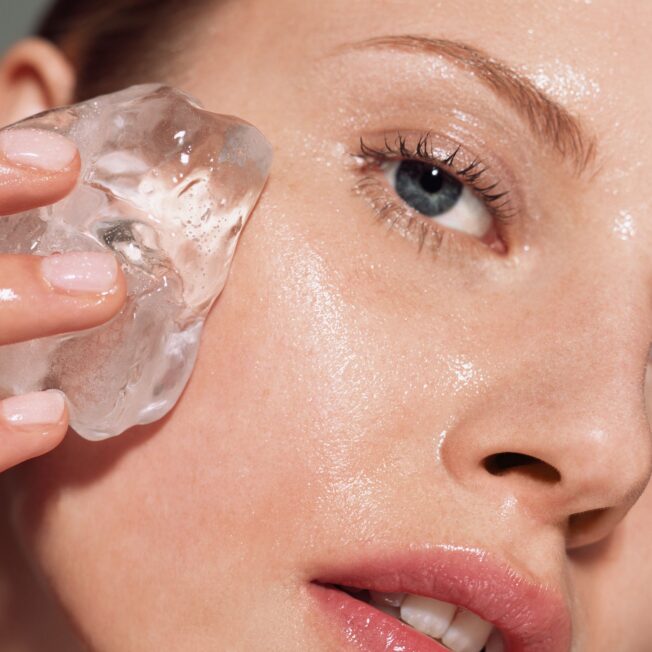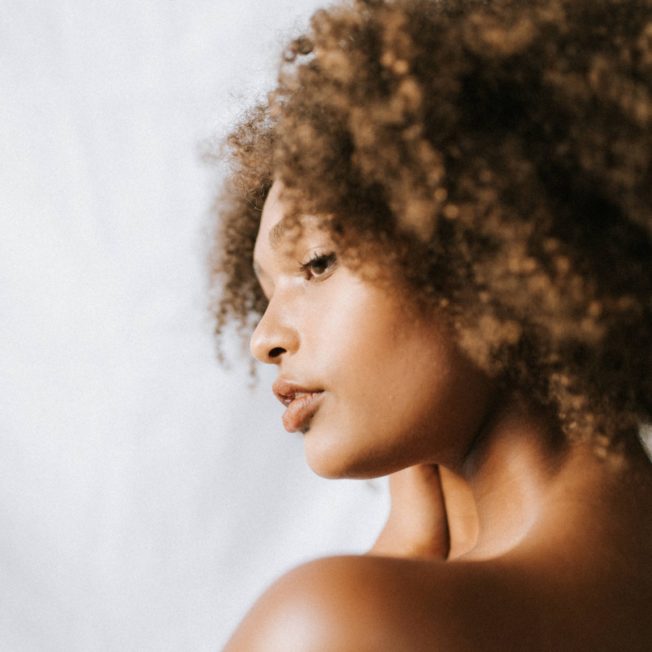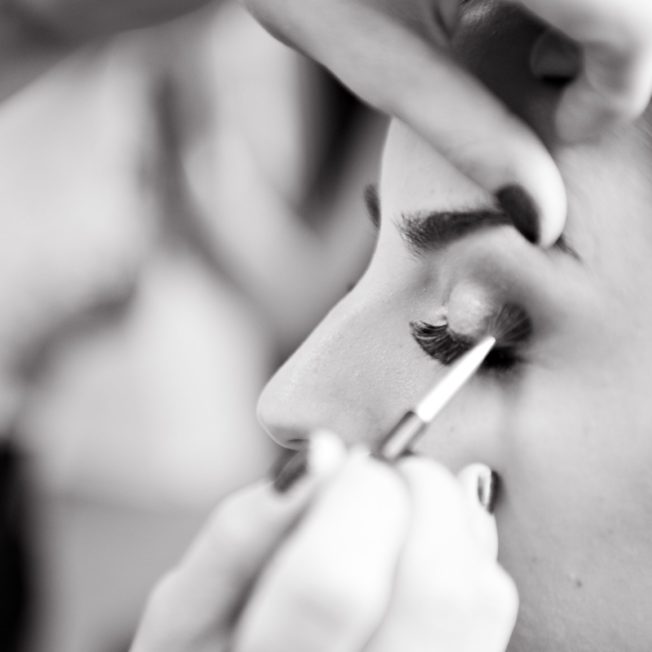It’s 2021 and it’s about time that notions of wellness were broadened to encompass the self, others, and the planet. There has been a global rise in demand for more eco-friendly practices — a trend that is also shaping the future directions of beauty and fashion. This is reflected in the rise of clean, eco-conscientious retailers like the clean beauty destination Credo, which recently introduced even more stringent Sustainable Packaging Guidelines.
As much as we love lavishing ourselves with all things natural, we actually prefer synthetic, non-animal-derived options when it comes to our makeup brushes. If you’d like to make your beauty practices more environmentally friendly, there are two main reasons why we believe vegan makeup brushes are a nécessité: first, they’re more sustainable, and secondly, they’re more humane.
Sustainability and Makeup Brushes
When it comes to our makeup brushes, the eco-friendly quotient comes down to two main factors. “Think about makeup brush composition in two parts: the brush head and the handle,” says Allie Compton, Credo’s Product Development Manager. “First, there’s the brush head [whose] bristles can be derived from either animal hair sources or cruelty-free synthetic fiber bristles… It’s important to consider what the handle of the brush is made of as well, [something] that is often overlooked.”
It’s been said that adopting a vegan lifestyle is one of the most environmentally-friendly lifestyle choices you can make, reducing the global reliance on, and negative impact of, factory farming on the environment. In fact, environmental concerns are being studied as a leading cause in the rise of veganism. Research cites the environmental impact of large-scale, corporate, factory farming — for meat, fur, and dairy — as a leading cause of Carbon emissions, depleting resources like water and contributing to deforestation, and polluting the earth in other ways like contamination of water sources. Even when it comes to the ethical and sustainable sourcing of materials used for the handles of our makeup brushes, there is much more at stake than you might expect.
Synthetic vs. Animal Bristles
As for our vegan bristle options, Compton points out that synthetic fibers can be made from sustainable materials like recycled PBT plastic bottles, but “there are over forty different types of synthetic bristle materials that I’m aware of.” When it comes to sustainability and even performance, this is the better option.
Why? Aside from boycotting the factory farming industry, there’s the issue of ethics. Do you want to invest in beauty products that were created with the ethical cost of animal suffering? “The very sad truth is that [hair bristles] are derived from farmed or killed animals,” Compton points out. “Be wary of cruelty-free labels on brushes because this generally only pertains to animal testing, and not the actual harvesting of hair. Double-check to ensure the bristles are animal-free.”
Animal hair bristles may be obtained from mink, goats, badgers, horses, squirrels, and weasels, among others, whose follicles came at great cost to their sentience. Plus, those with sensitive skin types may be at risk of allergic reactions to animal-derived hairs. (As a former competitive equestrian that is severely allergic to horses, this is a very real concern.)
It is still important to wash vegan bristles regularly — a weekly washing is ideal for helping to prevent bacterial proliferation that can exacerbate inflammation and even cause breakouts. For a clean, sulfate-free, fragrance-free, anti-bacterial, and anti-microbial option, Compton notes that Jenny Patinkin’s Luxury Vegan Makeup Brush Soap is an excellent choice.
Brush Handles
The next question to ask comes down to the sourcing of the material used to make the handle, and whether or not it was obtained responsibly. “Many vegan and cruelty-free brush manufacturers offer more sustainable handle materials like sustainably sourced and certified bamboo, birch, or wood. Some brush manufacturers even use biodegradable eco-resins to glue the brush head to the hand,” Compton points out.
Our top pick among brushes? The ultra-chic Ere Perez Eco Vegan line. From the Blush and Bronze Brush to the combined Lip and Conceal Brush, to our perennial favorite, the Kabuki Brush, there is a brush offered to work with every item in your beauty kit.
Luckily, our options are not limited. Compton sheds light on other brands that are putting wellness-first values into action. First, there is Antonym Cosmetics, whose vegan makeup brushes use compostable bamboo (an eco-crop that is said to absorb carbon, produce oxygen, and use less water) for their handles and laser-cut synthetic bristles. Then there is Westman Atelier‘s luxurious line of brushes whose handles are made from FSC-certified (Forest Stewardship Council) hardwood birch to ensure sustainable sourcing and the preservation of biodiversity, and whose bristles are made of soft nylon fibers. Vapour features sustainable birch handles along with velvety synthetic bristles, as well, while Ilia‘s brushes’ handles are made from sustainably harvested wood and high-grade synthetic Taklon.
As you can see, there are plenty of options to choose from when you know the right questions to ask, and seek out eco-conscious brands and retailers.


